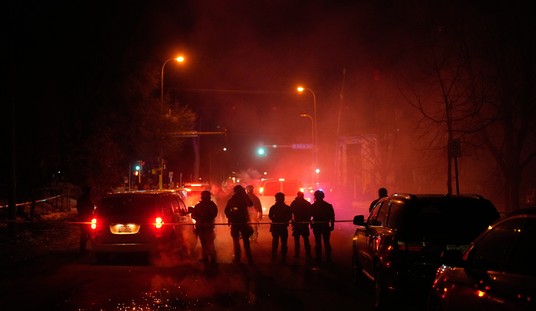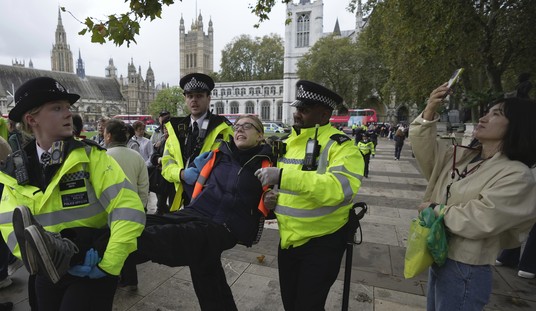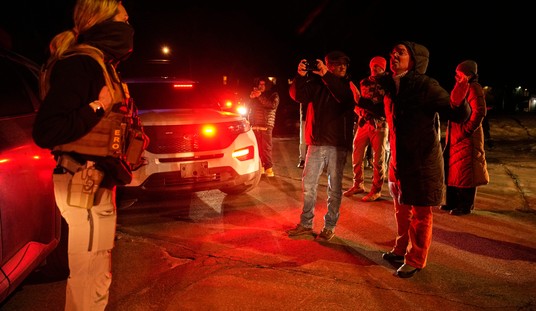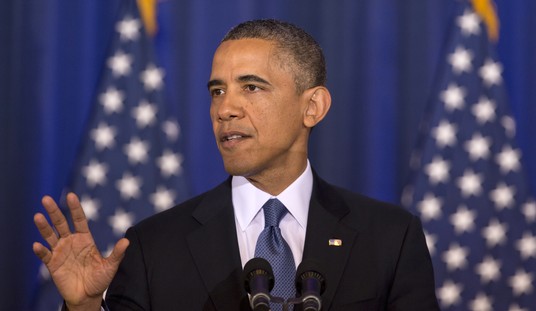There cannot be, nor will there ever be any excuse or rationale for what happened on Oct. 7. There are no “yes buts” to be had. But how do people of faith respond to times such as these? On Oct. 8, I began to wonder what the reactions would be from churches. Given the sheer number of religions and denominations in the United States, I knew I could not run them all down. But I decided to check out two from opposite ends of Christianity.
The first was the Episcopal Church, which is the church in which I was raised. A statement from the church dated Oct. 7 called for prayers for peace and addressing the root problems that led to that bloody day. And to its credit, the church, speaking on behalf of the Churches for Middle East Peace, called on Hamas to stop its violence toward Israelis. The article stated in part:
Throughout this year, CMEP and allies have urgently been calling attention to the evolving context, characterized by escalating levels of violence between settlers, soldiers, and Palestinians. The increased nationalism and radicalization within Israeli society have led to more frequent and numerous incidents of hatred, racialized tensions, settler attacks, and incursions onto Muslim and Christian holy sites such as Stella Maris Monastery in Haifa and the Temple Mount in Jerusalem. These realities are not justifications but have long been ignored by the international community, including the longstanding frustration and desperation of the Palestinian people who seek an end to the oppression of the occupation and Israeli desires for lack of fear and for security. It is time for the US and the international community to strengthen efforts to de-escalate the systemic violence that has gone on for decades.
The statement called for a “negotiated peace.” As well-intentioned as the statement may be, it leaves out much of the history surrounding the area and the Israeli position concerning Hamas. It also ignores the fact that Israel was not put in a place in which it could simply lay down its arms and wait for negotiations to start. That is a tragic fact, but it is a fact, nonetheless. To do so would invite future attacks. Even by the time the sun set on America on Oct. 7, enough was known about the attacks to understand that they were beyond heinous. The worst revelations were yet to come, and we may not be at the end of them.
On the other end of the spectrum, an article caught my eye that I had to go back and hunt down. It was a piece that was taken from a sermon by Greg Laurie of Harvest Riverside. Laurie addressed the question that was undoubtedly on the minds of many: Is this the big one? Drawing on verses from Zechariah and particularly Ezekiel, Laurie raised the specter of prophecy and mentioned Gog and Magog attacking Israel. He also added a verse from Luke 21, “When these things begin to come to pass, then look up and lift up your heads; for your redemption draweth nigh.” Laurie stops short of announcing the advent of Armageddon but leaves the door open for that interpretation:
How do you stop something like what is happening in Israel? Some hostages are women, little children, and soldiers. It’s very tricky.
Let’s just say, for the sake of a point, if they decided to strike at Iran, specifically because of their funding of this attack, what would that produce? It could produce the conflict we read about in Ezekiel.
I’m not saying this is going to lead to the Ezekiel 38 scenario, but I’m saying it’s very interesting. If you get up in the morning and read this headline, “Russia attacks Israel,” fasten your seat belt.
You’re seeing Bible prophecy fulfilled in your lifetime, in real-time, before your very eyes. (sic)
May I add that the stabbing incident in Michigan and the shootings in Brussels do nothing to give us any renewed hope?
If the faithful hole up and wait for the seven trumpets, they risk trading the time God has given them to wait for destruction instead of building the kingdom. They risk becoming like the third servant in the Parable of the Talents in Matthew 25:
He also who had received the one talent came forward, saying, ‘Master, I knew you to be a hard man, reaping where you did not sow, and gathering where you scattered no seed, so I was afraid, and I went and hid your talent in the ground. Here, you have what is yours.’ But his master answered him, ‘You wicked and slothful servant! You knew that I reap where I have not sown and gather where I scattered no seed? Then you ought to have invested my money with the bankers, and at my coming, I should have received what was my own with interest.
Jesus expects us to make the most of what he has given us in whatever time we have left, no matter the length. That is not always easy, especially in times like these.
In the West, we tend to think that to follow God means that we will enjoy, as one individual put it, our best lives now. We expect that even if we honestly try to lead a faithful life, we will also enjoy a charmed one. And the usual encouragements we get about “God’s timing,” or “God’s will,” can ring a little hollow even to the most devout ears. I have written before about the young woman who wrote for an underground Christian newspaper in China. She was kidnapped one night, beaten, burned with cigarettes, and had a live wire thrust into her mouth. She was forced to walk in a circle all night until her feet left a bloody trail in her wake. She was sentenced to seven years in prison, where she made Christmas lights. In one lecture, she commented, “Everybody wants Jesus, but nobody wants the cross!” To truly minister and to truly serve means to take up the cross. And it may not be the cross we would select for ourselves.
So what are we to do? We can say and do the things we want people to hear and see and try to position ourselves as somehow being equally acceptable to all sides. But there is a risk that we render so much unto Caesar that we have nothing left to render unto God. Conversely, we can shoehorn biblical passages into every news cycle and say to ourselves, “Thank you, God, that I am not like those unsaved people over there. I know where I’m going. Now hurry up with that Rapture.” Neither extreme is a good use of our talents.
I am not immune to the news of the day. Two months ago, I was feeling particularly disgruntled at the state of the world and that there was no use trying to fight evil. Griping and grumbling like the prophet Habakkuk, or perhaps like Jonah, I reached out to Rabbi Michael Barclay, whose columns appear on these pages. I am a Christian. I did study for the ministry. But I occasionally dial up the Rabbi for a second opinion.
Related: Pray for Israel, Pray for Peace
The crux of my discontent was, like everyone else here at PJ Media, I saw people of ill will living large and accumulating money and power while all I wanted to do was support my wife and start a clinic for the underprivileged. And like so many have done over the years, I groused, “It’s not fair! Why can’t I catch a break?” So I asked Rabbi Barclay that while my puny troubles paled by comparison, how have the Jews managed to maintain their faith through years of persecution? If anyone had grounds to say, “That’s it, we’re done,” it would be the Jews. How do the Jews get through crises of faith?
The Rabbi surprised me. He advised me that my wife and I may never open that clinic. We may only start the process. We may play a role in creating a clinic that others who come after us will operate. The question we are to ask of God is, what does He want from us right now?
Rage is a perfectly normal emotion right now, as are sorrow, despair, and frustration. But despite those emotions, or perhaps because of them, now is the time to go humbly to God and, among our other supplications, ask what He wants of us right now, even if it may not be what we expect or even desire.










Join the conversation as a VIP Member